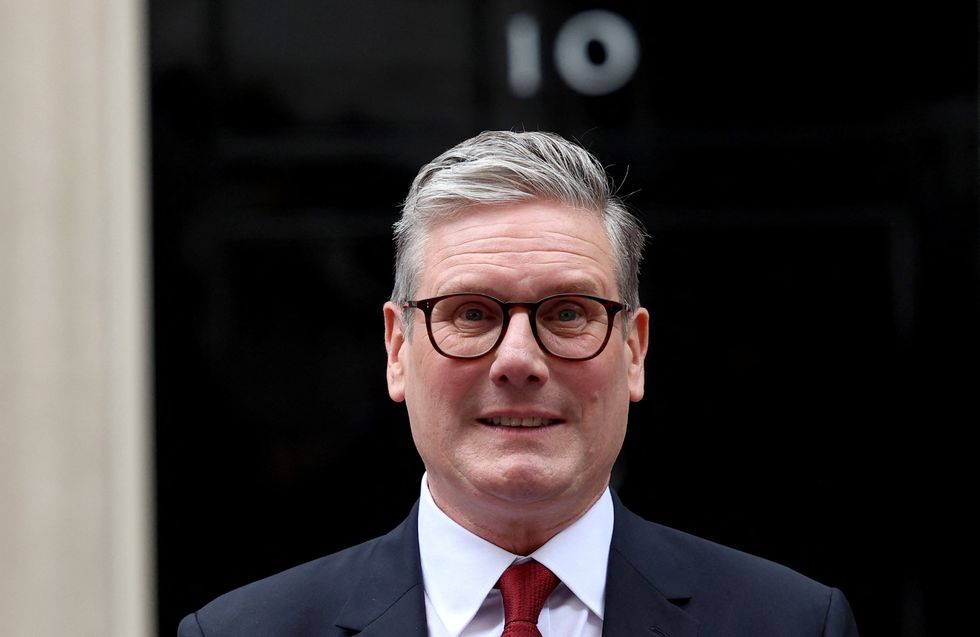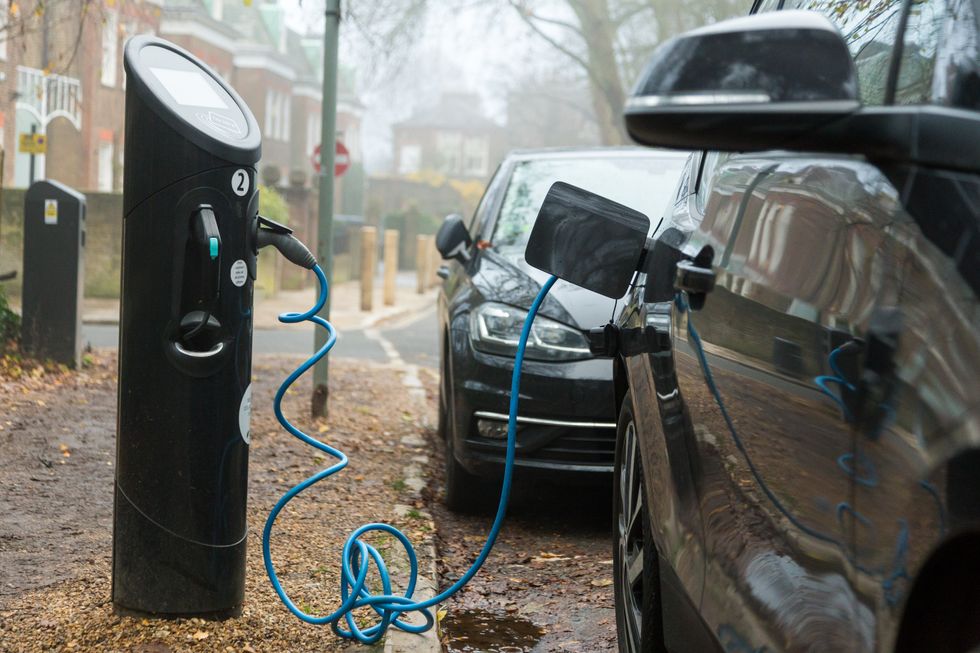Car tax changes needed urgently to support British drivers amid 'road pricing' and cost hike fears
Car tax changes have been identified as being an area to help motorists following the election
'The time for blanket decarbonisation policies has been and gone'
Don't Miss
Most Read
Trending on GB News
Experts have called on the new Labour Government to make "powerful" car tax changes to boost the sale of new zero emission vehicles and protect motorists.
Following Labour's landslide victory in the General Election last week, many industry leaders are already calling on Keir Starmer's Government to introduce major changes.
One of the key issues raised by drivers includes the system of motoring taxation. Britons have consistently called on the Government to outline future plans for Benefit-in-Kind taxes, with drivers currently left in limbo as to how it will work in the coming years.
At present, the BiK tables have only been published until 2027/28, despite the fact that many vehicle contracts run past this date and they may see a hike in their costs.
Do you have a story you'd like to share? Get in touch by emailingmotoring@gbnews.uk

Experts are calling on Keir Starmer to act quickly to help drivers
REUTERS
Electric vehicles attract the lowest rate of BiK tax at just two per cent, although this will rise to five per cent by 2027/28.
However, the most polluting vehicles - namely those which release more than 260g of CO2 per kilometre - will see rates frozen at 37 per cent.
Experts have consistently called for clarity to help the sector retain its green credentials and ensure that drivers are not ripped off when they look to invest in an electric car.
Gerry Keaney, chief executive of the British Vehicle Rental and Leasing Association (BVRLA), said: "The time for blanket decarbonisation policies has been and gone.
"As the transition towards cleaner, greener vehicles evolves, the need for specific interventions becomes clear.
"Up to now, powerful tax incentives for company-provided cars have accelerated adoption among fleets but left retail and rental lagging. For the transition to be embraced by all sectors, targeted action is needed."
Keaney highlighted the need to boost charging infrastructure, the volume of used EVs on the market and the ease of access to new electric vans for fleets and businesses.
Ian Plummer, commercial director of Auto Trader, also reacted to Labour's victory in the General Election and called on the new Government to address key issues affecting British motorists.
He said the Government needed to do more to support the uptake of electric vehicles for private motorists, in addition to strong fleet sales.
Plummer added: "That means protecting the existing salary sacrifice and BiK incentives to support the new electric car market, and targeted financial incentives on used electric cars to support greater adoption.
“We also need to be proactive and transparent about future changes in road pricing and taxes for electric cars so consumers can plan accordingly."
The expert said that the Government would also need to accelerate plans to install more public EV chargers across the nation to ensure everyone has access to charging, especially if they do not own a property with dedicated parking.
LATEST DEVELOPMENTS:

The UK expects to install 300,000 EV chargers by the end of the decade
GETTYAccording to the latest data from Zapmap, there are 64,775 charging devices around the UK, made up of almost 34,000 different locations.
Between June 2023 and 2024, the UK has seen an increase of 46 per cent in the number of public charging devices, with more than 20,000 being installed in the last year alone.
Experts are still hoping that the UK will see the installation of the 300,000th charger by the end of the decade, although these plans could be accelerated amid Labour's plans to reinstate the original 2030 date to ban the sale of new petrol and diesel vehicles.







